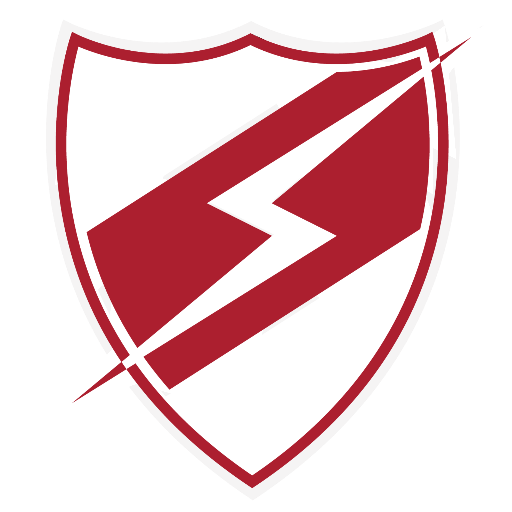4 Ways For Your Teams To End 2022
From the Great Resignation to the Great Reshuffle, then to the so-called "Quiet Quitting," it seemed like 2022 would never run out of challenges to throw at teams and compromise the existing corporate team-building efforts that promote employee engagement and morale.
Yet, these challenges also brought with them important lessons that HR executives can bank on to re-calibrate their teams and build better workforce management strategies for the future.
Here are four ways your teams can build on their progress in the past year and continue to grow for years to come:
1. Revisit Key “Highlights” and "Lowlights" in 2022
Empathy goes a long way. This is especially true when it comes to understanding what your team members need. A good way to start is by revisiting their key highlights and "lowlights" in 2022.
These key moments are a good indication of what your team members enjoyed or didn't enjoy doing. You can use this information to better understand their needs in terms of career development, work-life balance, and training programs. On top of that, it can help you assess your corporate team-building initiatives for 2022 and map out what you need to focus on the next year.
As you listen to the sharing from your team, keep in mind that these moments also reveal what makes your team members feel proud, disappointed, or confused. Their "highlights" and "lowlights" are moments where they learned important lessons about themselves and their work.
Team morale is at its peak when the team members feel as if they are working toward a common goal. If you can find ways to connect each team member's key moments with the goals and aspirations of your company, then you're well on your way toward achieving your corporate team-building objectives for the upcoming year.
2. Reflect on Personal and Professional Growth Areas
Looking back on the areas where each team member exhibited growth is a great way to get a sense of how far they've come and where they're headed in the future.
Areas of growth are important to note, as they can help you better understand what motivates each team member and how they approach their work in general. If a team member is becoming more efficient at completing tasks or working with other team members, then this may be an area where you want to focus on giving them more growth opportunities.
For example, if one team member used to have difficulty with time management but is now able to stay on task, they can share with the team how they've improved in this area and what resources have helped them.
Having this information will help the team as a whole improve its productivity and efficiency. And, as an HR executive, you can also use it to tailor any corporate team development programs for next year that will fast-track other team members' growth in these areas.
3. Identify Opportunities for Development
You would have probably concluded your annual review by now. But if you haven’t done so, now is not too late to facilitate discussions geared towards helping each team member identify areas where they'd like to grow in the coming year. This can be as specific or general as you'd like it to be — think about what their goals should be and let them know what yours are for them.
Perhaps they want to learn how to run more effective meetings or delegate tasks more effectively. Maybe they're looking for new ways to communicate with each other so they can make better decisions faster. Or maybe there's a new initiative coming up that requires some skill-specific training — this is where you can help them find an outside source, like a corporate team-building or team development coach or a consultant who specializes in the area.
Whatever the case may be, make sure that your team members have a clear understanding of what you expect from them. This will help to keep everyone on track and prevent problems from arising down the road.
4. Emphasize the Importance of Team-Building
Humans are social beings, and we thrive when we can work together. Members with excellent team bonding skills who can collaborate effectively are valuable assets in any organization. They generate more ideas, solve problems more quickly, and create higher-value outputs than their less collaborative counterparts.
In the coming year, help your team create an environment in which it is easier for individuals to communicate with one another. Use the learnings from 2022 to determine stumbling blocks to collaboration and find ways to overcome them. This will help your team develop strong relationships that will last throughout your organization’s existence.
Get your team to think about how all team members have worked together in the past year and what challenges they've overcome as a group. This will serve as a reminder of the importance of collaboration and good team dynamics.
Final Thoughts
The year 2022 has been massively transformative for many organizations. Whether your team has struggled or thrived this 2022, let the end of the year be a time for your teams to harvest the lessons from 2022 to sow into the ground for 2023.
If you need ideas for corporate team-building conversations that your team can have to end 2022 well, you can download our corporate team-building toolkit here!
Written by Rachel Chai
Connectedness • Empathy • Strategic • Belief • Context
Rachel is a Strengths School™ Certified Strengths Trainer and the Content Lead at Strengths School™. Being deeply introspective, she believes in helping others draw connections between how their unique strengths play out in their lives.



